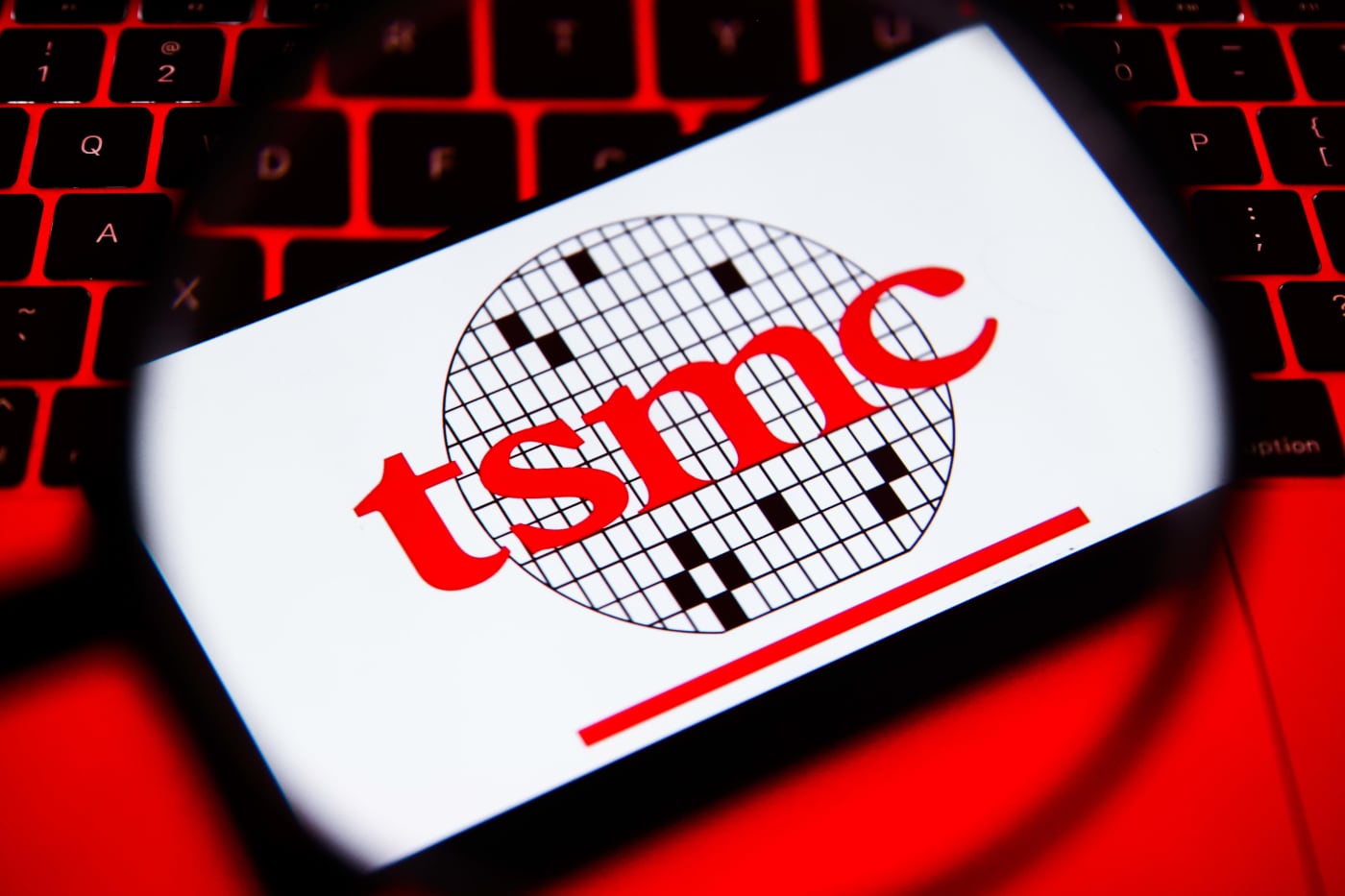It’s been circulating and spreading in recent weeks What’s up? A false message attributed to the messaging network, where users were told their account was “requested on a new mobile device” and therefore asked to confirm whether they made the claim. If they decide not to reply, point to the wrong message, account “will be removed for security”.
(You may be interested: They are forcing Chinese tech companies to reveal their algorithms)
(Be sure to read: Apple and Facebook: the story of a secret business that never came to fruition)
“WhatsApp support reports that your account has been requested on a new mobile device. Say *YES* to confirm that you are the one making the transaction; if your answer is negative it should be *NO*; If you don’t get a quick response, your WhatsApp account will be deleted for security and other users’ safety” reads the message, which will have the purpose of accessing and stealing user information.
(We recommend reading: Xiaomi presents an emotion-sensing robot)
The attempt to steal your personal information begins when the above-mentioned message reaches your mobile phone number associated with your WhatsApp account. The photo of the scammer, who looks like a WhatsApp operator, is the app’s icon, and the scam account is associated with a phone number in the US. Although in recent weeks victims have denounced that this method is also registered with Colombian operators.
If you are late in responding – you should never do this, Police assure – you may receive another message: “Confirm your identity if you’re the one checking in!”, in bold and with an exclamation point.
From the very beginning, to begin to suspect that this is a scam, WhatsApp itself states in its frequently asked questions section that the verification code received by SMS should never be shared with others and should only begin to be associated with us. WhatsApp account to a new device during the initial setup process.
(
The same IT department of the police said, “this will never be the official line to call staff or banks to offer loans of any kind, don’t trust such messages right away”.
According to the Gaula Cyber Center website, you should consider the following recommendations: the presence of suspicious links, emails or WhatsApp messages sent by unknown senders; warn of the presence of serious spelling or typos. These, among others, will be the first alerts to know of a possible scam.
(We recommend reading: Take note: this way you can find out the Wi-Fi password from your mobile)
As a result, if you get messages similar to the one being reviewed, it’s best to ignore it. recommended report the suspected crime to the authorities and block the account that sent you the messageso WhatsApp decides to suspend.
ELTIEMPO.COM
Source: Exame











